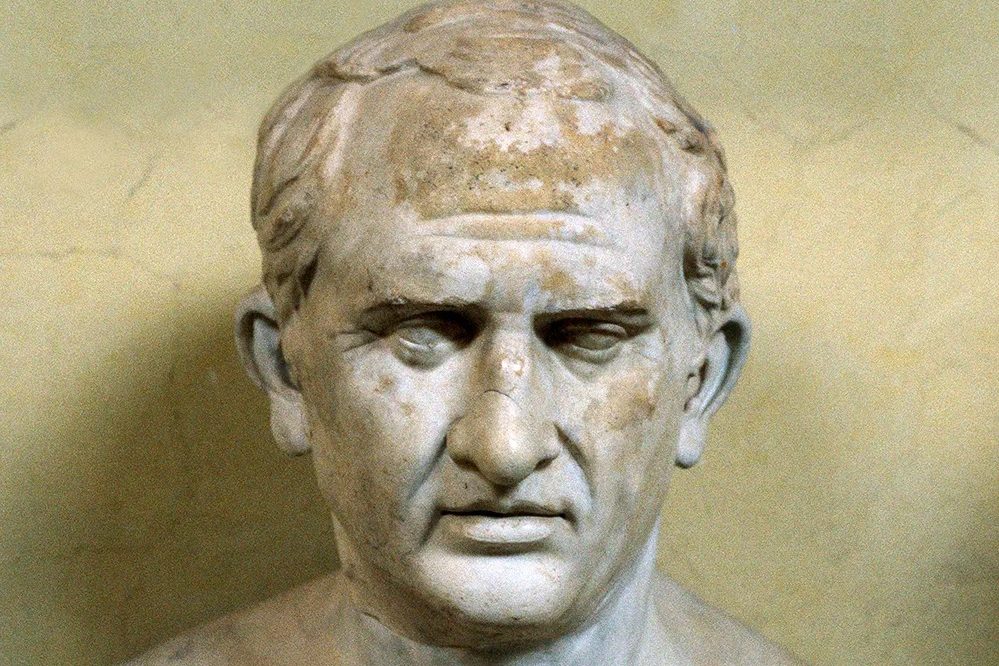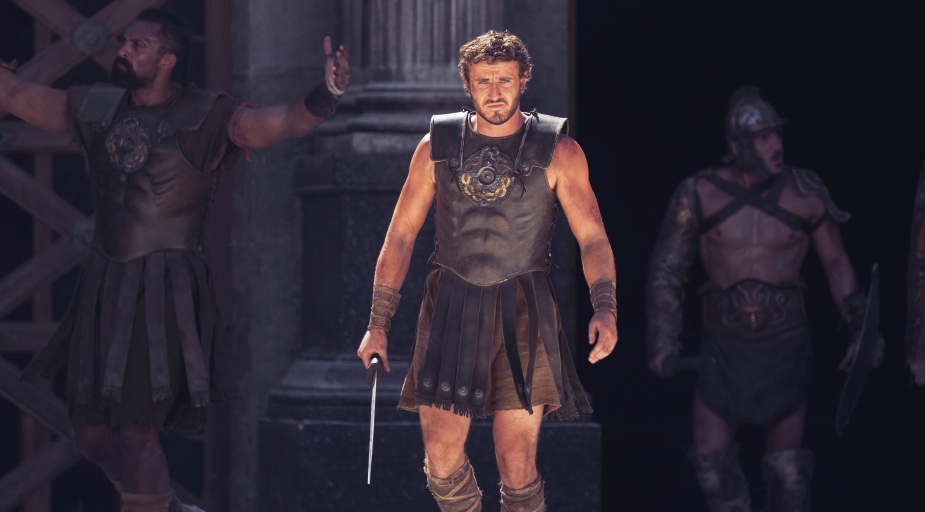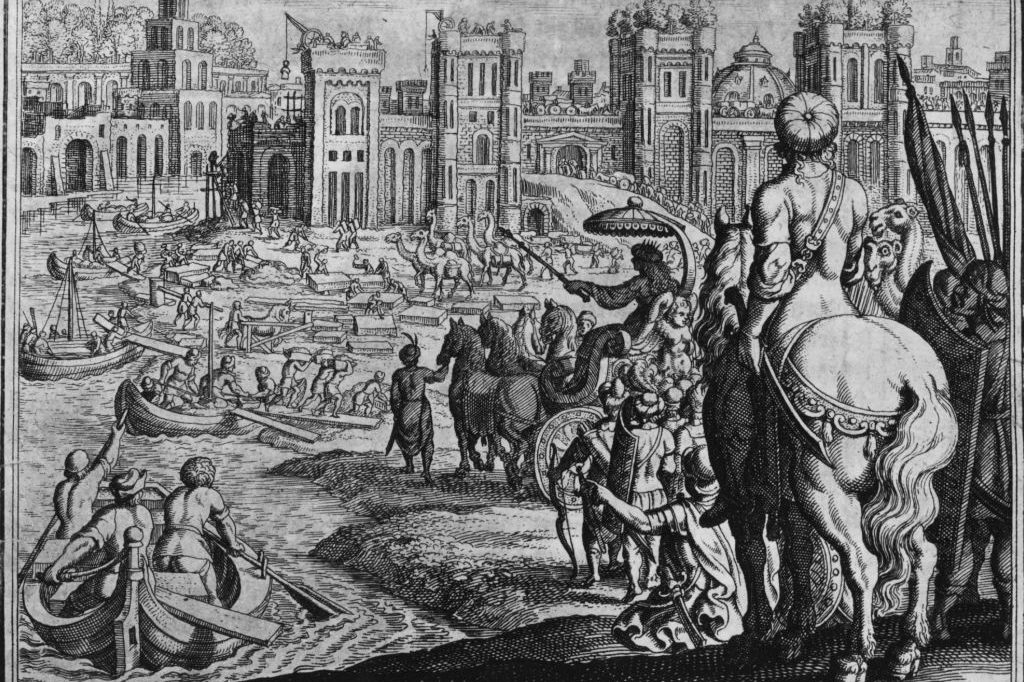Modern historians, excoriating the past evils of e.g. slavery and imperialism are taking the understanding of history back to its roots in the western world, when the past was used as a vehicle for moral lessons.
Cicero said that study of the past ‘casts light on reality and is a guide to life (magistra vitae)’. Ancient historians lived up to this noble agenda. Livy (d. ad 17) said that history provided ‘examples of behavior from which to choose what to imitate and avoid what is shameful’. The historian Tacitus (d. c. ad 120) said: ‘This I hold to be history’s highest function, to ensure that no worthy actions are passed over in silence, and that crooked words and deeds be feared for the castigation that posterity will visit upon them.’ So, for example, Tacitus praised as the model leader his father-in-law, Agricola, who as governor brought much of Britain under control (ad 77-85), striving for glory through his ‘foresight’, ‘wisdom’, ‘obedience to orders’, ‘modesty’, ‘sense of honor’ and ‘self-control’.
By contrast, many emperors were fruitful subjects for historians’ castigation. Suetonius, for example, while acknowledging that all emperors were good for something, laid into the sexually depraved Tiberius, the sadistic Caligula, Nero’s humiliating athletic and musical performances (the plebs loved them) and murder of his mother, and the paranoid psychopath Domitian. Good emperors did not exploit their position for their private gratification.
But the ancients saw no immorality in empire or slavery, the first admirable, the second entirely normal (freed slaves promptly became slave owners). For today’s historians, however, they are moral evils that must be castigated, presumably to save innocent youth from careers as slave-owning imperialists. Further, so entrenched is that immorality in the ancient world that some classicists are going so far as to call for every aspect of classics as a subject to be ‘exploded’.
But to what end? What would the remaining bits look like when they were all reassembled? Presumably like an ancient world infused with contemporary values and concerns, in which all uncomfortable differences, and any hint of Cicero’s ‘light on reality’, had been rigorously cancelled.
This article was originally published in The Spectator’s UK magazine. Subscribe to the US edition here.

























